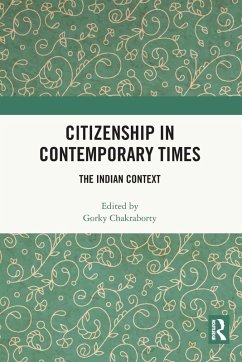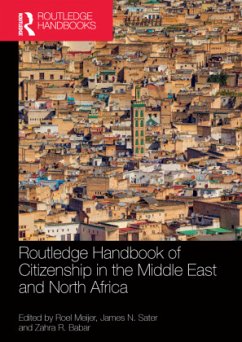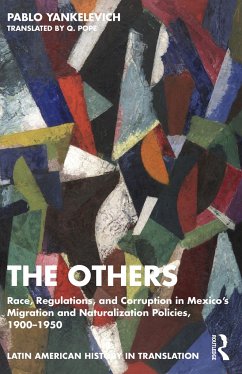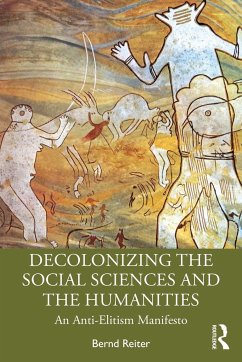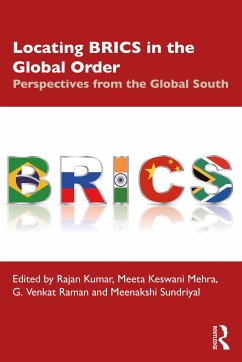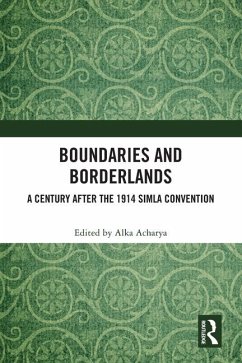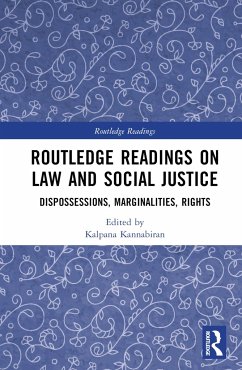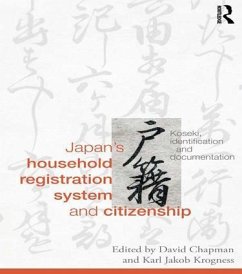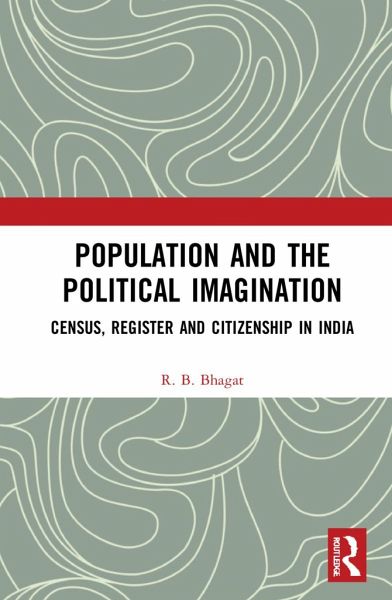
Population and the Political Imagination
Census, Register and Citizenship in India
Versandkostenfrei!
Versandfertig in 6-10 Tagen
154,99 €
inkl. MwSt.

PAYBACK Punkte
77 °P sammeln!
This book identifies population as a central issue of polity and examines its links to ideas of state and citizenship. It explores the relationship between the state, citizenship and polity by reexamining processes related to census enumeration, population and citizen registers, and the politics of classificatory governmentality.Religion, ethnicity, caste and political class play a key role in determining community identities and the relationship between an individual and the state. Contextualizing the arguments and controversies around the Citizenship (Amendment) Act 2019 (CAA 2019) and the N...
This book identifies population as a central issue of polity and examines its links to ideas of state and citizenship. It explores the relationship between the state, citizenship and polity by reexamining processes related to census enumeration, population and citizen registers, and the politics of classificatory governmentality.
Religion, ethnicity, caste and political class play a key role in determining community identities and the relationship between an individual and the state. Contextualizing the arguments and controversies around the Citizenship (Amendment) Act 2019 (CAA 2019) and the National Register of Citizens (NRC), the book examines the processes of inclusion or exclusion of minorities and migrants as citizens in India. It focusses on the classification of irregular and refugee migration since independence in India, especially in the state of Assam. The book highlights how political imagination, as a theoretical framework, shapes the processes and strategies for enumeration and classification and thereby the idea of citizenship. Underlining the relationship between instruments of government, political mobilization and the resurgence of communal polarization, it also offers suggestions for alternative constructions of citizenship and an inclusive state.
This book will be useful for students and researchers of population studies, population geography, migration studies, sociology, political science, social anthropology, law and journalism. It will also be of interest to policy makers, journalists, as well as NGOs and CSOs.
Religion, ethnicity, caste and political class play a key role in determining community identities and the relationship between an individual and the state. Contextualizing the arguments and controversies around the Citizenship (Amendment) Act 2019 (CAA 2019) and the National Register of Citizens (NRC), the book examines the processes of inclusion or exclusion of minorities and migrants as citizens in India. It focusses on the classification of irregular and refugee migration since independence in India, especially in the state of Assam. The book highlights how political imagination, as a theoretical framework, shapes the processes and strategies for enumeration and classification and thereby the idea of citizenship. Underlining the relationship between instruments of government, political mobilization and the resurgence of communal polarization, it also offers suggestions for alternative constructions of citizenship and an inclusive state.
This book will be useful for students and researchers of population studies, population geography, migration studies, sociology, political science, social anthropology, law and journalism. It will also be of interest to policy makers, journalists, as well as NGOs and CSOs.



